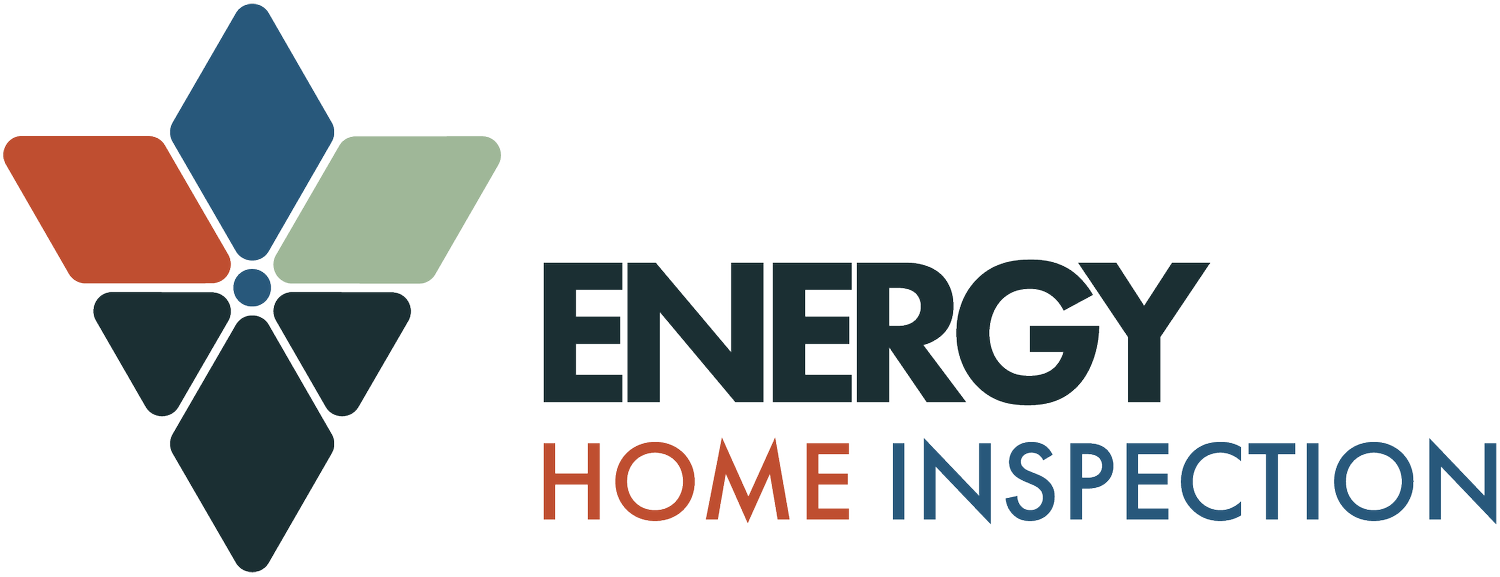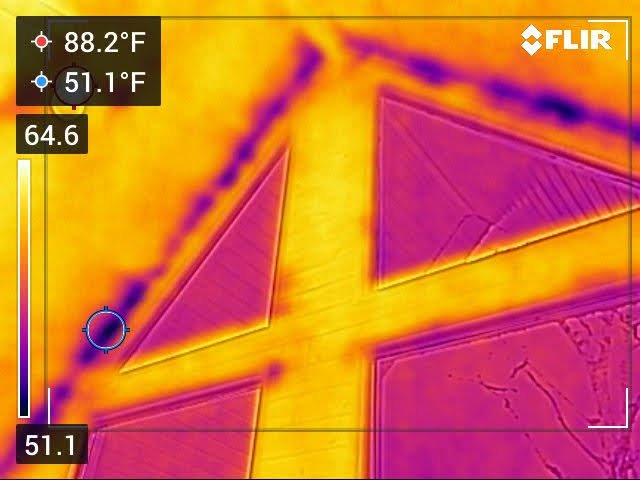Unlocking Energy Efficiency: Understanding the Benefits and Types of Energy Audits
In today's world, energy efficiency is not just a buzzword; it's a crucial aspect of responsible homeownership. An energy audit is the first step toward understanding and improving your home's energy performance. In this article, we'll delve into the benefits of energy audits and explore the differences between three key types: consultative audits, diagnostic audits, and comprehensive audits, with a special focus on the latter, which is eligible for tax credits and requires a year's worth of utility bills.
Energy audits to demystify how your home uses energy with prioritized guidance on how to not only lower utility bills but improve comfort, occupant health, and durability.
Tailored to each client's unique needs an energy audit involves experienced observation of a home or commercial property with diagnostic tools and equipment to provide prioritized cost-effective guidance on ways to improve efficiency, comfort, and occupant health.
The Benefits of Energy Audits
Energy audits offer numerous advantages, ranging from cost savings to environmental benefits. Here's a general summary of why you should consider an energy audit for your home:
Cost Savings: Identifying and rectifying energy inefficiencies can lead to significant savings on your utility bills over time. An energy-efficient home consumes less energy, reducing your monthly expenses.
Increased Comfort: An audit helps pinpoint areas where your home may have temperature inconsistencies or drafts, leading to a more comfortable living environment.
Environmental Impact: Reducing energy consumption means reducing your carbon footprint. Energy audits contribute to a greener, more sustainable future.
Property Value: An energy-efficient home often has a higher resale value, making it an attractive investment for potential buyers.
Now, let's explore the different types of energy audits in more detail:
Consultative Audit: A consultative energy audit is a basic assessment that provides homeowners with general energy-saving recommendations. It's an excellent starting point for those looking to get a rough idea of their home's energy performance. However, it lacks the depth of analysis provided by more comprehensive audits.
Diagnostic Audit: A diagnostic energy audit is a step up from the consultative audit. It involves a thorough examination of your home's energy systems, including HVAC, insulation, and appliances. This type of audit identifies specific issues contributing to energy waste and discomfort, making it suitable for homeowners seeking targeted improvements.
Comprehensive Audit with Energy Modeling: A comprehensive energy audit is the gold standard for homeowners serious about maximizing their energy efficiency. Using advanced software, we create a detailed model of your home's energy consumption. This modeling provides accurate predictions of potential savings from recommended improvements.
Moreover, a comprehensive audit of this nature is often eligible for tax credits and incentives in various regions. However, it typically requires a full year of utility bills to provide the most accurate assessment.
Energy audits are a valuable tool for homeowners looking to enhance their homes' energy efficiency, save money, and reduce their environmental impact. While consultative and diagnostic audits offer valuable insights, a comprehensive audit with consultation, diagnostics, and energy modeling takes energy optimization to the next level, making it a wise investment for those committed to a greener and more efficient future.

